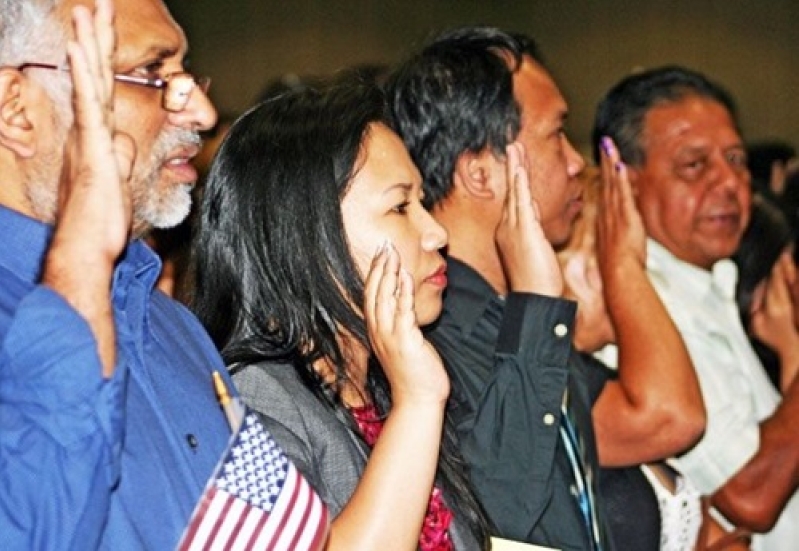
Asian-Americans have traditionally had the lowest unemployment rates among different ethnic groups in the U.S.
Many Asians say their parents instilled a work ethic in them that drives success, but add that there are positive and negative stereotypes working for and against them in the workplace, according to an NBC affiliate in Pennsylvania.
Yet, Asian-Americans suffer the highest rates of long-term unemployment of any group in the United States, according to a recent study issued by the Economic Policy Institute in Washington, D.C.
The Bureau of Labor Statistics reports that Asian-Americans experienced a 5.6 percent unemployment rate in the second quarter of 2012 and 4.8 during the same period this year. Hispanics were unemployed at a rate of 10.4 and 8.7 during those periods, blacks at 13.6 and 13.3 and whites at 7.2 and 6.5, respectively. The overall unemployment rates were 8.0 and 7.4 percent during those same times, according to a report released last month.
At the same time, the latest data show that more than half of unemployed Asian-Americans have been without work for longer than six months. That was up from 48.7 percent in 2010, according to Voice of America. In the second quarter of this year, a greater percentage of Asian-Americans remained unemployed for the long term than any other major minority group — including blacks and Hispanics, according to National Public Radio.
That's despite the fact that a higher percentage of the Asian-American population is college educated. And overall, the unemployment rate in this community is much lower than the average.
So, it seems unlikely that, faced with job loss, Asian-Americans would remain unemployed for longer.
But Kent Wong, who teaches at UCLA's Center for Labor Research and Education, says it's not surprising that they do.
“There are a lot of misconceptions and stereotypes with regard to the Asian-American workforce,” he says, according to NPR. “And many assume that because of the high numbers of college graduates within the Asian-American community ... there are not problems with low-wage employment or unemployment, and that's just not the case."
Wong says the Asian-American community is made up of both highly educated and unskilled workers. He says about 70 percent of the population are foreign born. They also tend to congregate more in urban areas, and live in ethnic enclaves — Chinatowns and Vietnamtowns. And they are typically focused on specific industries. The Chinese dominated the garment and restaurant industry, for example. Japanese specialize in gardening, and Vietnamese in nail salons, according to NPR.
Asian-Americans are often portrayed in the media or movies as highly educated super-achievers. But the reality, according to this study, is that even the most educated are losing out on job opportunities, according to Voice of America.
Marlene Kim, the study’s author, said several factors are driving the phenomenon.
First, she said, geography plays a role in the joblessness, as nearly one-third of all Asian-Americans live in California, which has an economy that’s flailing, according to Voice of America.
“There's evidence that there might be this bias against Asians with higher education because they’re perceived as being foreign born, lacking language skills, being different or not socially similar,” said Kim, an economics professor at the University of Massachusetts in Boston.







